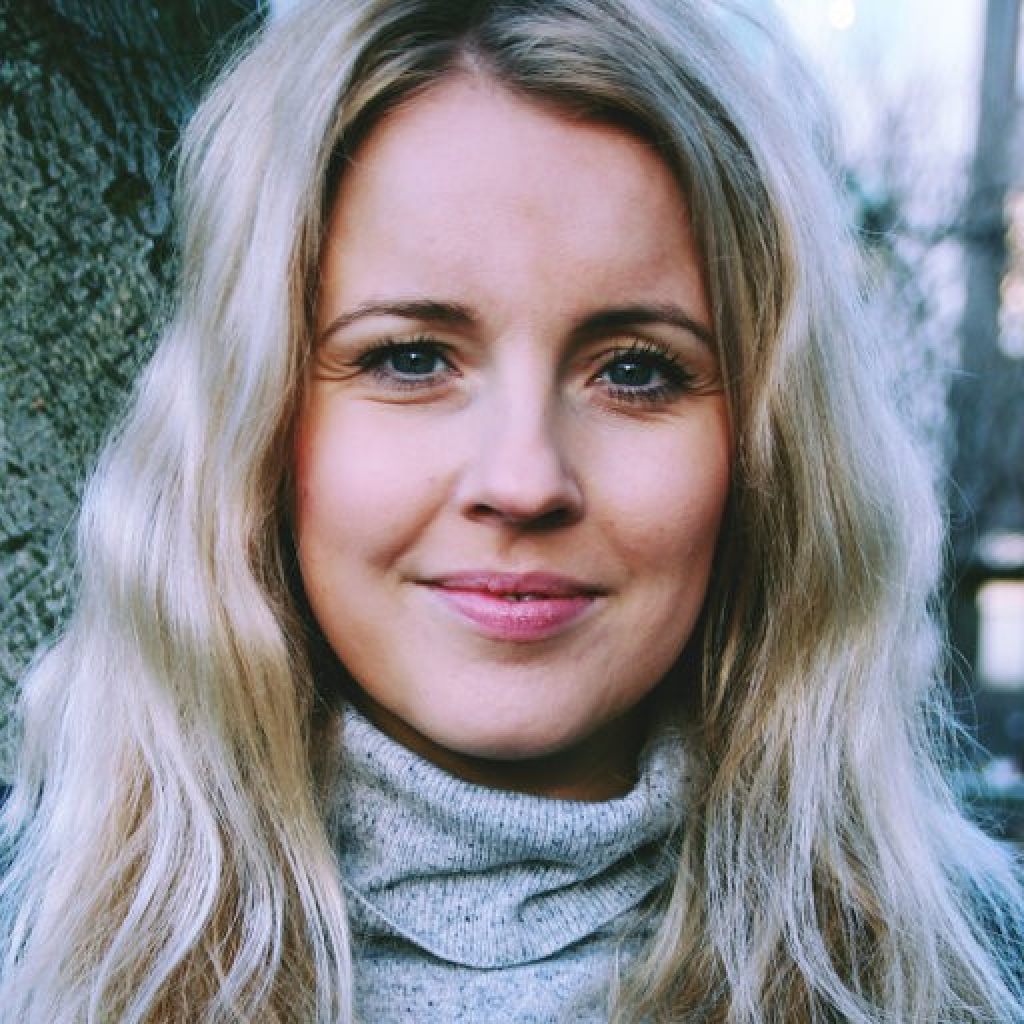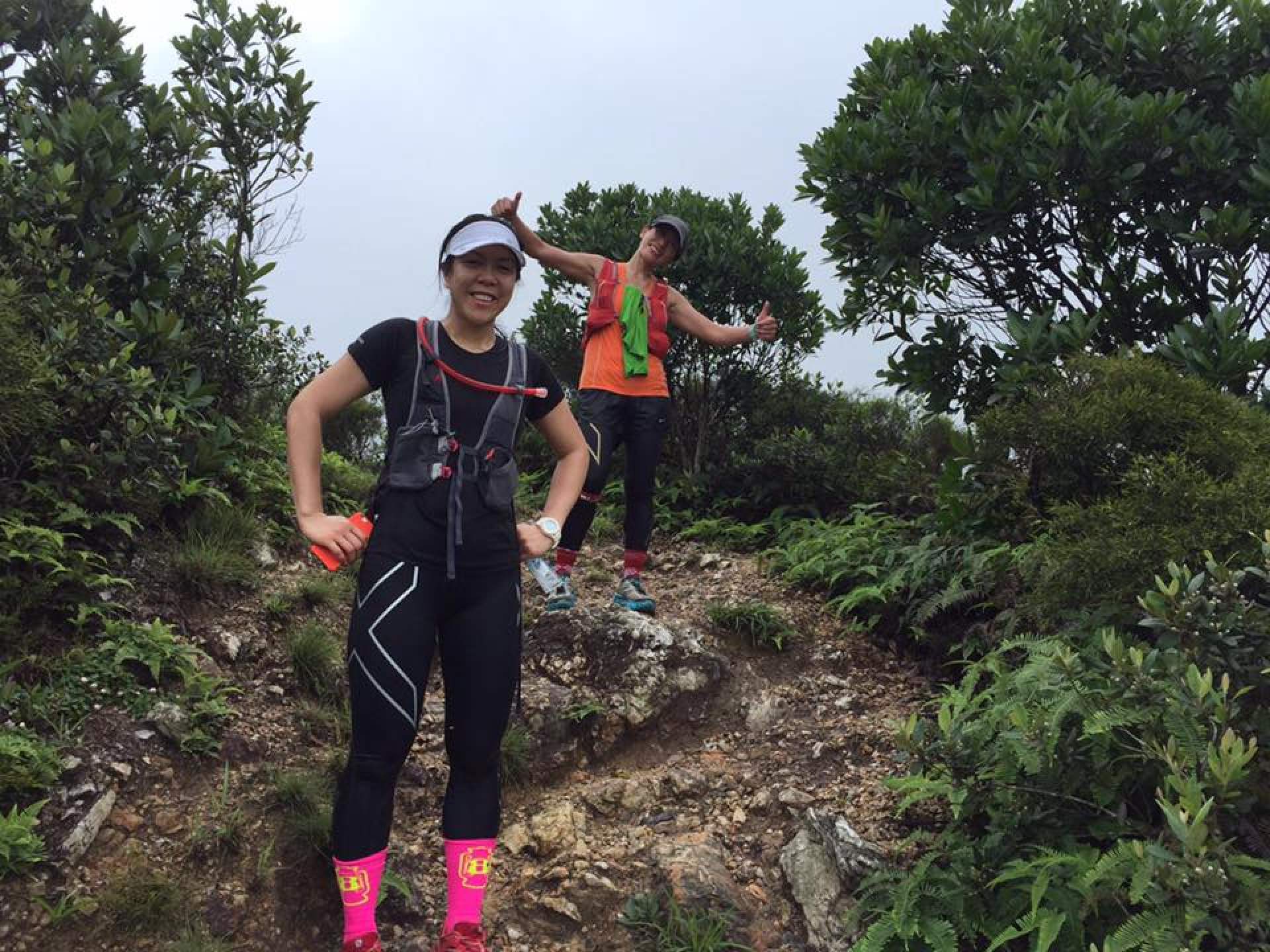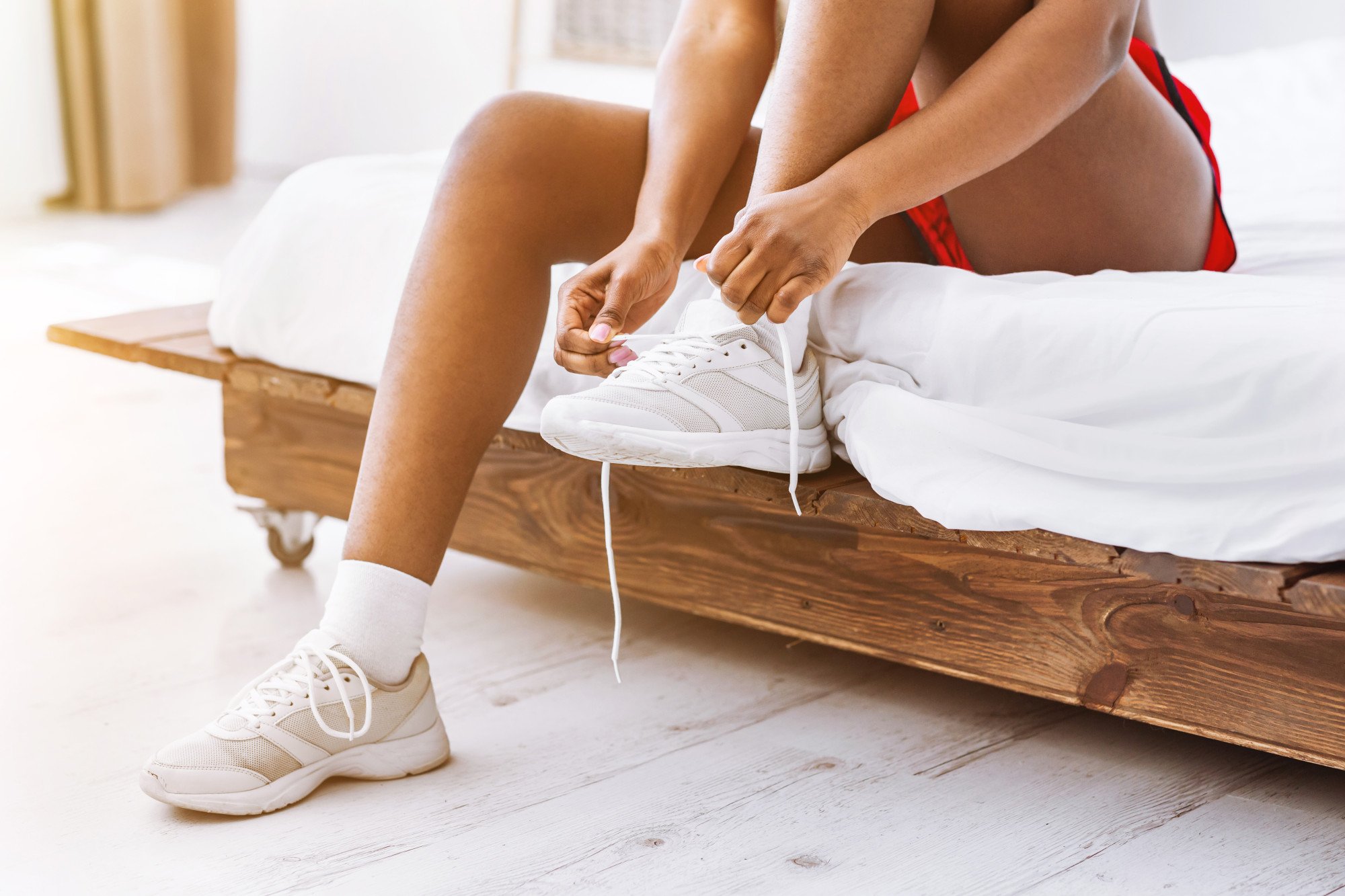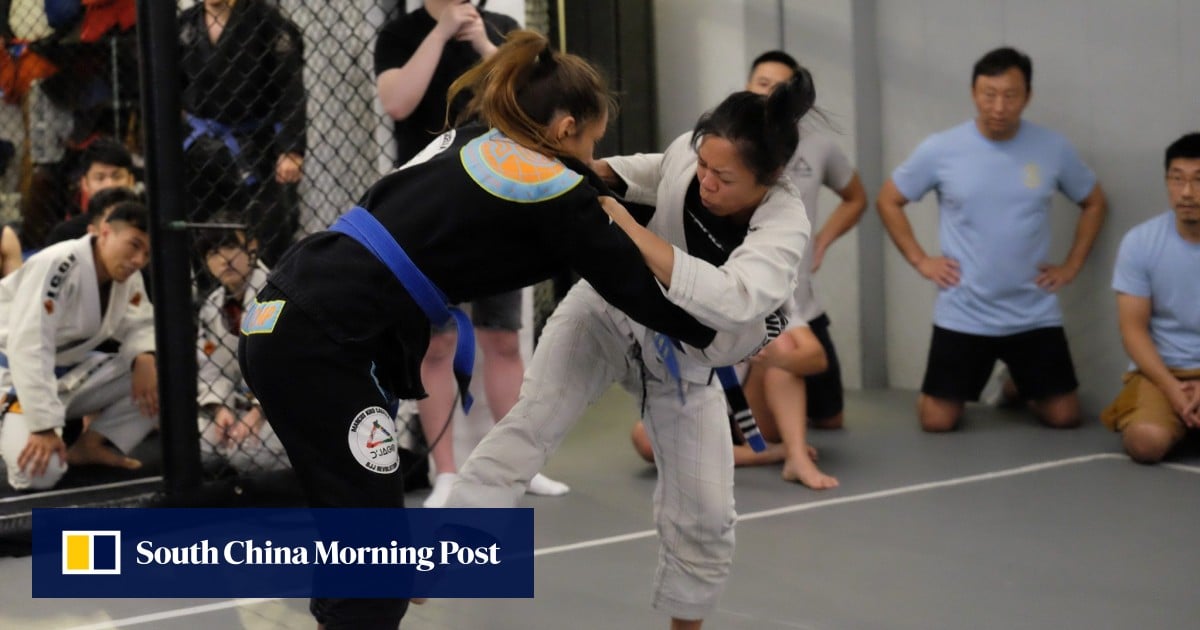“Before sports, my sleep was often broken. I would spend nights awake with anxiety and insomnia,” says Sum, who lives in Hong Kong.
“But going from zero exercise and working a stressful corporate job to being a weekend warrior has helped me to find sleep again.”
The 38-year-old’s experience chimes with the findings of a new international longitudinal study published in the medical journal BMJ Open, which found exercising two to three times a week reduces the risk of insomnia.
Researchers from Europe and Australia assessed the frequency, duration and intensity of weekly physical activity, and symptoms of insomnia, nightly sleep and daytime sleepiness, among adults from 21 centres in nine European countries.
The 4,399 study participants (2,085 men and 2,254 women) aged 39 to 67 were studied over a decade. Participants who said they exercised at least two or more times a week, for one hour a week or more, were classified as being physically active.
PTSD wrecked her sleep. Moving home and meditation made it better
PTSD wrecked her sleep. Moving home and meditation made it better
“This study has a long follow-up period of 10 years and indicates strongly that consistency in physical activity might be an important factor in optimising sleep duration and reducing the symptoms of insomnia,” said the research authors, led by Erla Bjornsdottir, from the University of Iceland’s psychology department, in Reykjavik.
Participants in Norway were the most active, while those in Spain and Estonia were the least. Those who were most active were likely to be men, younger, in employment and non-smokers.
The persistently active participants were 42 per cent less likely to find it difficult to fall asleep, and 40 per cent less likely to report insomnia symptoms.

As for total hours of sleep per night and daytime sleepiness, after adjusting for age, sex, weight, smoking history and study centre, persistently active participants were most likely to be normal sleepers, while the persistently inactive were least likely to be in that category.
The persistently active group were 55 per cent more likely to sleep seven to nine hours per night, and much less likely to sleep less than six hours or more than nine hours.
There was good news for people who became active during the research period. Once they were active, they were 21 per cent more likely to be normal sleepers than those who were persistently inactive.

The researchers concluded: “Our results are in line with previous studies that have shown the beneficial effect of physical activity on symptoms of insomnia, but the current study additionally shows the importance of consistency in exercising over time, because the association was lost for initially active subjects who became inactive.”
Exercising regularly to induce good sleep patterns is a key motivator for Sum. The only time she suffers from insomnia now is when she has had a day without some form of physical activity.
“It motivates me to continue and never stop. I don’t want to go back to a night routine of no sleep.”
When I got invited to a Muay Thai class, I never realised it would change my life
Working in corporate communications, Sum previously found the stress of her job led to a poor night’s sleep.
“Sleeplessness had a big impact on work and I would find myself with heavy eyes in meetings, completely zoning out.
“This led to more caffeine, adding to more sleepless nights and caffeine-triggered anxiety – a vicious and unhealthy cycle of work, work, stay up, repeat,” Sum says.

“I commute over two hours a day and don’t always feel energised. When I got invited to a Muay Thai class one night after work, not too long ago, I never realised it would change my life and lifestyle,” she says.
“For the first night in forever, after getting home from that trial class I passed out asleep [for] a full night without tossing and turning or getting up midway through the night.”
She woke up feeling “achy, jelly-legged, but energised” with “dopamine running through me”, she says, and could not wait to get back for more.
Women’s self-defence: five lifesaving moves from Brazilian jiu-jitsu
Women’s self-defence: five lifesaving moves from Brazilian jiu-jitsu
After she took up Muay Thai, Sum started trail running and fell in love with the Hong Kong trails, leading her to take up ultra-marathon running – entering events of 50km (31 miles) or longer.
“I now also practice Brazilian jiu-jitsu and regularly sign up for competitions. I never thought I would run a marathon [42.19km], let alone 50km. And I never thought I’d fight in a martial arts competition or stand on a podium winning competitive events,” she says.
“Sports, exercise, movement have changed my life for the better. We are too often encouraged to climb corporate ladders, when in fact we should be equally invested in our health and well-being.”
